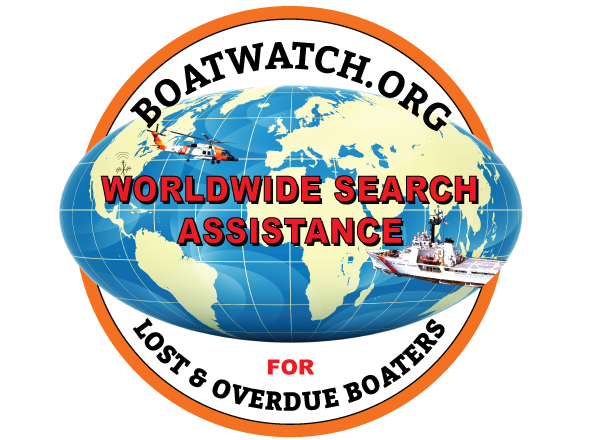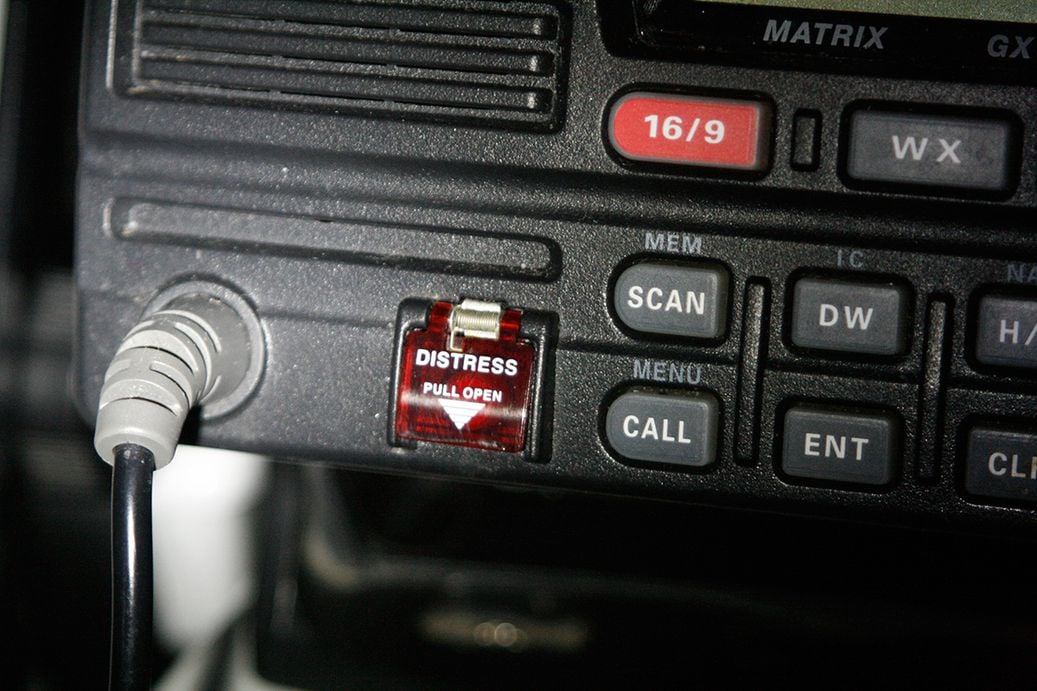By Paul Barnard USCG
A local boater lost his life yesterday and two more are lucky to be alive. I am still gathering details, but I know enough about that case and so many more to state this with authority.
There are three things you MUST do immediately when you get that “OH BLEEP” feeling while boating.
-
If you aren’t wearing a PFD, put one on. NOW.
-
Issue a distress call. The easiest thing to do is use your VHF DSC Distress button. WARNING, it doesn’t work if it’s not set up properly.
-
Make sure your ditch kit is ready at hand.
DO THAT WITHOUT HESITATION. Brief your crew on this procedure before departure. Your life is worth it.
Then tend to the damage control or whatever other measures you need to take to address the problem. The 30 seconds it takes to do the above will make much more of a lifesaving difference than having everyone on the boat trying to deal with the problem.
If you solve your problem through self help or the help of others, CLOSE THE LOOP with the authorities. Contact them and let them know that you made a distress call (Mayday, VHF DSC, EPIRB or other) and no longer need help. We’d rather start scrambling, then stand down than recover bodies.
USCG Paul Bernard Comments:
Your VHF radio probably has a little red button labeled “DISTRESS” on it. There seems to be a bit of confusion or misunderstanding as to what that button is all about, so I want to take the mystery out of it for you using plain (non-technical) language.
I have read a number of articles on the topic, and oddly have never seen “DISTRESS” defined. I’ll do that here.
If you believe you, your passengers or your vessel are in imminent danger, you are in distress. That’s when you can make that mayday call, activate your EPIRB or lift the little red “DISTRESS” cover, then press and hold the button underneath for a few seconds. There’s a hitch though.
IT DOES NOT WORK if you haven’t registered for an MMSI, installed it into your radio and have a GPS position in your radio.
The easiest way to get a GPS signal into your radio is to buy a GPS VHF radio. Otherwise you will have to interface your radio and GPS so that your GPS signal goes into your radio. I am not selling myself short when I say that I am technologically challenged. I am frankly horrible with technology. Using your VHF and or GPS owner’s manual (available online when you can’t find the one that came with your equipment) the process of installing the MMSI and interfacing the VHF and GPS is very easy.
MMSI stands for Maritime Mobile Service Identity. The easiest way to get an MMSI is to register for one online. Enter “Free MMSI registration” into a search engine. Pick a link, fill out all the information and you’ll be issued a 9-digit MMSI to program into your radio. The US Power Squadron is one of many organizations that assist in MMSI registration. If you plan on leaving United States waters, please read this article. You may need a FCC Ship Radio Station License to be effective.
If the circumstances allow, a VHF voice distress call may be preferred, but in situations where you don’t have time to get that call out, the VHF DSC “DISTRESS” works wonders. You have to press and hold it for a few seconds. This prevents accidental activation. You’ll get an audible indication the alert went out. Your position and your MMSI will be broadcast to all within VHF range.
The nice thing about using VHF DSC “DISTRESS” is that it frees the passengers on the boat up to deal with the emergency while the call is going out.
The instant you believe you, your passengers or your vessel are in imminent danger, get that distress alert out there.
Should you solve the problem through self-help or a Good Samaritan assists, find a way to get in touch with the Coast Guard to let us know you no longer need assistance, because we will be on our way to help you! Only if you have registered for an MMSI, programmed it into your radio and have a GPS position in your radio though.
I cannot overemphasize that it DOES NOT WORK unless you set it up correctly. Worse, you may think help is on the way when it isn’t.

